Premium Only Content
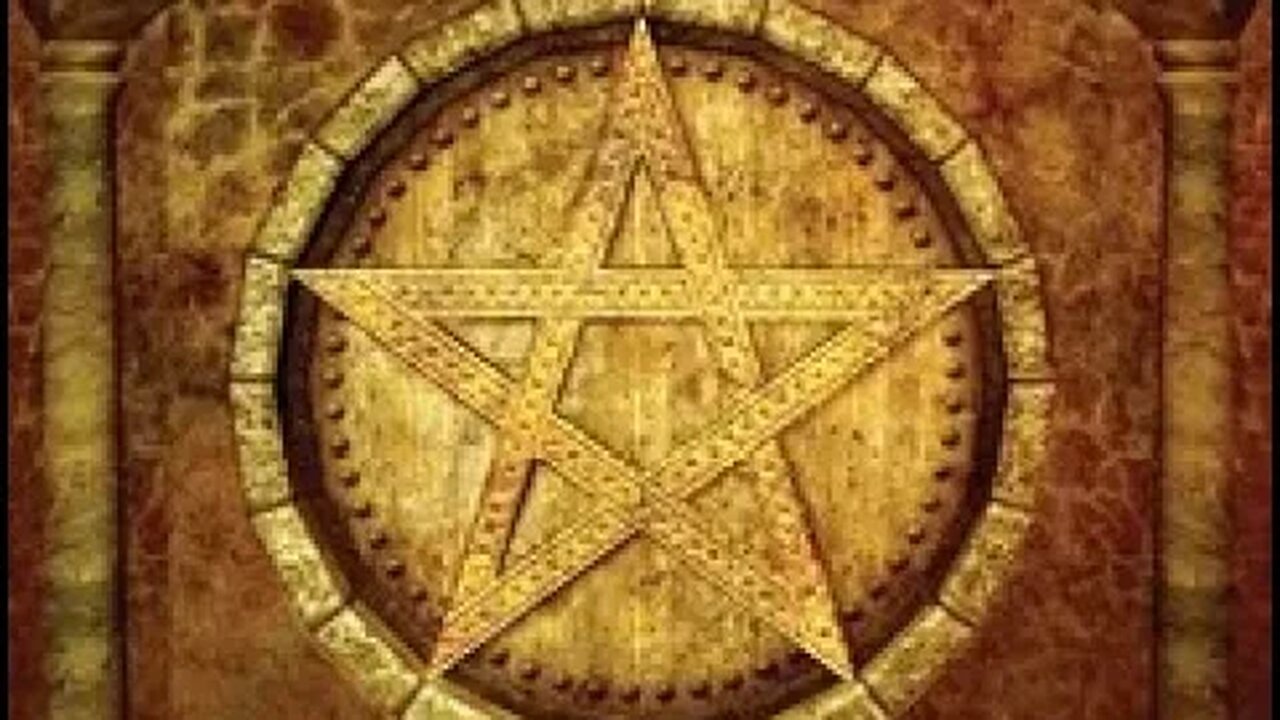
Wicca: Magic Is Our Birthright
Wicca is a modern-day, nature-based pagan religion. Though rituals and practices vary among people who identify as Wiccan, most observations include the festival celebrations of solstices and equinoxes, the honoring of a male god and a female goddess, and the incorporation of herbalism and other natural objects into rituals. Wiccans practice their religion according to an ethical code, and many believe in reincarnation.
WHAT IS WICCA?
Wicca is considered a modern interpretation of pre-Christian traditions, though some involved claim a direct line to ancient practices. It may be practiced by individuals or members of groups (sometimes known as covens).
Wicca also has some commonalities with Druidism in its environmental component, and is considered the inspiration of the goddess movement in spirituality.
There is great diversity among individuals and groups that practice a Wiccan religion, but many are duotheistic, worshiping both a female goddess and a male god (sometimes referred to as a Mother Goddess and a Horned God).
Other Wiccan practices are atheist, pantheist, polytheist or respectful of gods and goddesses as archetypal symbols rather than as actual or supernatural beings. Rituals in Wicca often include holidays centered around phases of the moon; solar equinoxes and solstices; elements such as fire, water, earth and air; and initiation ceremonies.
MARGARET MURRAY
The rituals of modern Wiccan practice can be traced to famed first-wave feminist, Egyptologist, anthropologist and folklorist Margaret Murray.
She wrote several books on medieval religion centered around witch cults in medieval Europe that inspired British seekers to create their own covens and structure worship around her descriptions, starting with 1921’s The Witch-Cult in Western Europe.
GERALD GARDNER
Wicca was first given a name in Gerald Gardner’s 1954 book Witchcraft Today, in which he announced it as “wica,” the extra “c” being added in the 1960s. According to Gardner, the word was derived from Scots-English and meant “wise people.”
Gardner, considered the founder of Wicca, was born in 1884, north of Liverpool in England. A world traveler with an interest in the occult, Gardner first heard the word “Wica” used in the 1930s when he became involved with a coven in Highcliffe, England. He was initiated into the group in 1939.
In 1946 Gardner bought land in the village of Brickett Wood to establish a center for folkloric study, that would serve as headquarters for a coven of his own.
Gardner died of a heart attack in 1964 while onboard a ship off the North African coast. He was buried in Tunis. Only the ship’s captain attended. In 1973, his extensive personal collection of artifacts was sold to Ripley’s Believe It Or Not.
ALEISTER CROWLEY
Gardner met famed occultist Aleister Crowley in 1947. When Gardner formally wrote out his Wiccan rituals, he drew strongly from Crowley’s own, dating back to 1912.
The two men had similar ideas. Crowley had, in 1914, proposed the idea of forming a new religion that would pull from old pagan traditions worshipping the earth, celebrating equinoxes and solstices and other hallmarks of nature-based worship.
BOOK OF SHADOWS
Gardner’s fantasy novel High Magic’s Aid, published in 1949, is considered one of the first standards of Wicca, but his Book of Shadows, a collection of spells and rituals, is central to Wiccan practice.
Written in the 1940s and 1950s, initiates were required to make their own copy by hand. The origin of the title is unknown, but some believe he borrowed it from the work of Scottish children’s author Helen Douglas Adams.
DOREEN VALIENTE
Future Wiccan leader Doreen Valiente met Gardner in 1952 when she contacted him following an article in Illustrated magazine that presented to their readers the reality of covens and their practices in a context of normal, educated people.
Under Gardner’s direction, Valiente would revise the Book of Shadows for more popular consumption, exorcising Crowley’s influence. In 1957, Valiente split from Gardner’s coven with other members and rivals to Gardner sprang up, each with a coven of their own. Valiente would become a prominent Wiccan advocate and scholar.
Author Scott Cunningham created dozens of books on NeoWicca and modern Paganism, many of which have been repackaged and reprinted, expanding his catalog of work after his death. In high school, he discovered Wicca and was initiated into an eclectic Wiccan coven. His books are in fact about NeoWicca, rather than traditional Wicca, his works typically offer a lot of good advice for people who practice as solitaries. He frequently points out in his writings that religion is a deeply personal thing, and it's not up to other people to tell you if you're doing it right or wrong. He also argued that it was time for Wicca to stop being a secretive, mystery religion and that Wiccans should welcome interested newcomers with open arms.
-
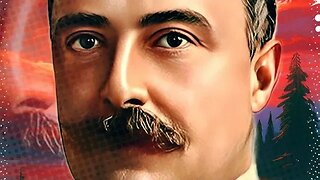 12:27
12:27
Literati
1 year agoWilliam Arthur Ward: Unleashed Thinking
120 -
 LIVE
LIVE
Jeff Ahern
1 hour agoNever Woke Wedensday with Jeff Ahern
390 watching -
![America Is In A Judicial Coup: Federal Judiciary Thinks We’re A Judge-ocracy [EP 4481-8AM]](https://1a-1791.com/video/fww1/4c/s8/1/A/i/_/t/Ai_ty.0kob-small-America-Is-In-A-Judicial-Co.jpg) LIVE
LIVE
The Pete Santilli Show
16 hours agoAmerica Is In A Judicial Coup: Federal Judiciary Thinks We’re A Judge-ocracy [EP 4481-8AM]
1,350 watching -
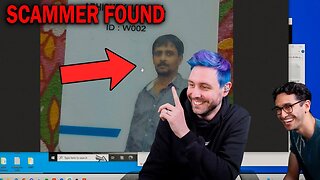 13:16
13:16
Scammer Payback
15 hours agoHacking Connection Reversals on SCAMMERS
55.7K8 -
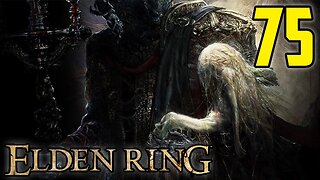 20:55
20:55
Degenerate Plays
22 hours ago $1.26 earnedI Wasn't Expecting This... - Elden Ring : Part 75
28.9K4 -
 23:13
23:13
CatfishedOnline
16 hours agoMan Cheats on Wife for Adult Actress Scammer
41.7K15 -
 14:09
14:09
NinjaGamblers
23 hours ago $1.44 earnedHow to Win at Roulette $250 in 6 minutes with Fibonacci Corner Bets
24.1K9 -
 49:00
49:00
State of the Second Podcast
18 hours agoBeginners Guide to Stacking Gold & Silver (ft. United Patriot Coin)
33.2K2 -
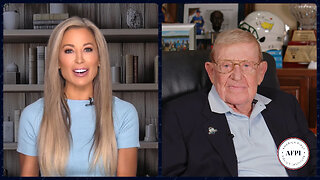 8:40
8:40
The Lou Holtz Show
19 hours agoLou Holtz Slams Open Borders: "Do the Right Thing—Keep Americans Safe!
24.9K5 -
![[Ep 630] Election Integrity w/ Guest Steve Stern! | Sam Anthony [your]NEWS | Laura Loomer Delivers!](https://1a-1791.com/video/fww1/23/s8/1/G/S/8/t/GS8ty.0kob-small-Ep-630-Election-Integrity-w.jpg) 3:04:33
3:04:33
The Nunn Report - w/ Dan Nunn
18 hours ago[Ep 630] Election Integrity w/ Guest Steve Stern! | Sam Anthony [your]NEWS | Laura Loomer Delivers!
39.2K12